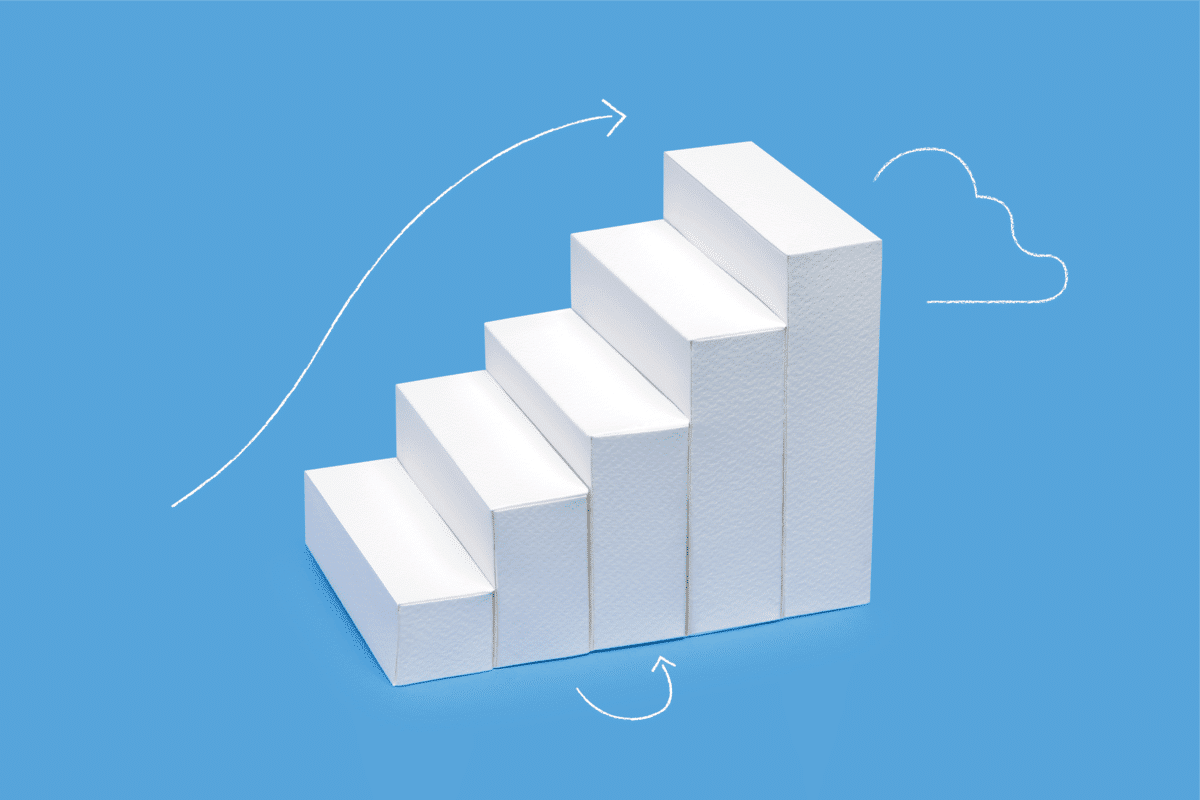Baseline measurement to achieve service excellence

Planning to do an improvement project within your organization? Such as implementing Knowledge Management? Consider performing a baseline measurement first. You’ll increase the chance of making your project successful.
In our experience, many service desk customers complain about the slow pace at which calls are resolved. That’s why service desks want to work more efficiently, bring down the total number of calls, and adopt a more customer-oriented approach. But before you can decide on what to do to improve, you have to know where you are at currently. That is what baseline measurements are for.
What is a baseline measurement?
A baseline is kind of like a photograph; it gives you an idea of your current situation. After the project is completed, you then take another ‘photograph’ and compare that one to the one you took at the start of the project. This way, you get a clear idea of the progress you have made throughout the project.
Where does your organization stand in terms of its service delivery? Find out with the TOPdesk Maturity Model.
What is a baseline measurement good for?
These type of measurements have several advantages.
1. Gain insight into your points for improvement
A baseline will give you an idea of the things that are going well and that you want to maintain, but also reveals your opportunities for improvement. Based on this baseline measurement, you decide on your objectives and discuss which improvements would be feasible.
For example, an educational institution I’ve worked with said that one way to improve customer satisfaction is to reduce lead times. That’s why we spent a lot of time on improving knowledge management and simplifying processes during our improvement project. One improvement was to give second-level support staff the authorization to close calls themselves, instead of calls being bounced back to the service desk to be closed there.
2. Gain insight into your priorities
A baseline measurement will help you set your priorities. Say your customers are telling you that they’re dissatisfied not only because it takes a long time for them to get the help they need, but also because the solution is not always satisfying. You then know that you need to improve on both those things.
When making improvements, make sure to distinguish between quick wins and long-term improvements. You start with the quick wins, because your customers will reap the benefits thereof sooner and they will take relatively little effort on your part. Reducing response times is a good example of a quick win. For the long term, you focus on things like improving quality, since this usually takes more time.
3. Making a habit out of measuring your efforts
Baseline measurements also help you get better at performing measurements. That may sound obvious, but making a habit of measuring your efforts regularly is absolutely essential! Why stop at performing baseline measurements only?
Continue to perform measurements frequently, so you’ll know which improvements are going to yield the best results. This is essential to achieving service excellence. Metrics enable you to make tactical decisions based on more that gut feelings alone.
Pick the KPIs that are most relevant for you
It’s important to first have a good think about what you want to measure. I recently visited an institution that attaches a great deal of importance to customer satisfaction and had an average customer satisfaction score of 6.1. They wanted to improve on that, but they did not know why their scores were so mediocre. Did they take too long before helping customers? Was the service desk unfriendly to their customers? Or were the solutions they were offering not good enough? The only way to find out is by asking the right questions.
In short, first think about which Key Performance Indicators (KPIs) are relevant for the improvement process that you are performing this baseline measurement for.
A baseline gives you an idea of the things that are going well and that you want to maintain, but also reveals opportunities for improvement.
Which of your projects deserves a baseline measurement?
Ask yourself this question: which of your past projects would have deserved a baseline measurement? Can you think of any implementations for which you did not perform such a measurement? If so, why didn’t you? Did you base your objectives for those projects on numbers or on gut feelings?
What is stopping you from doing a baseline measurement for your next project?
Check out these often-used service desk metrics
There are many different KPIs in the field of service management. Read more on which metrics & KPIs to use.
Inspire others, share this blog



